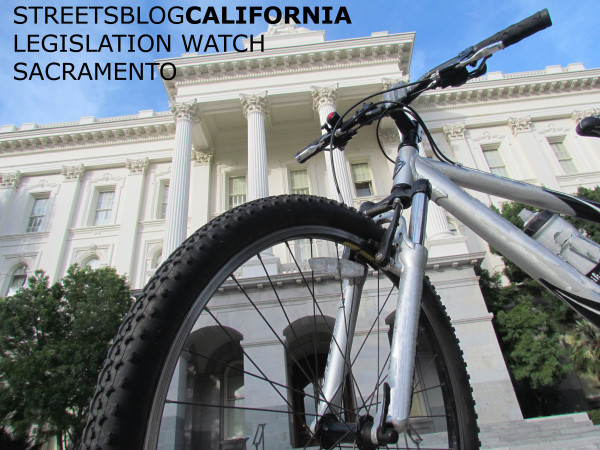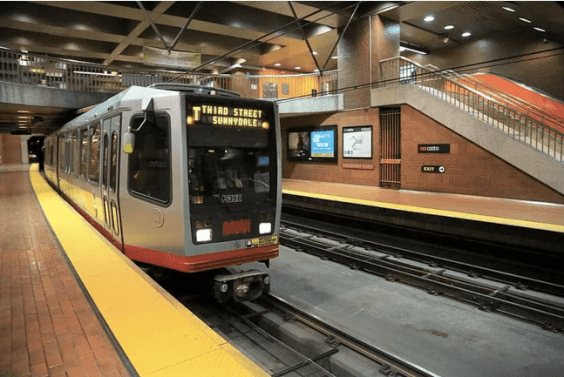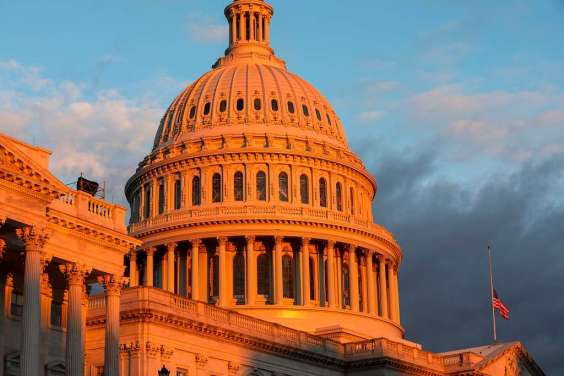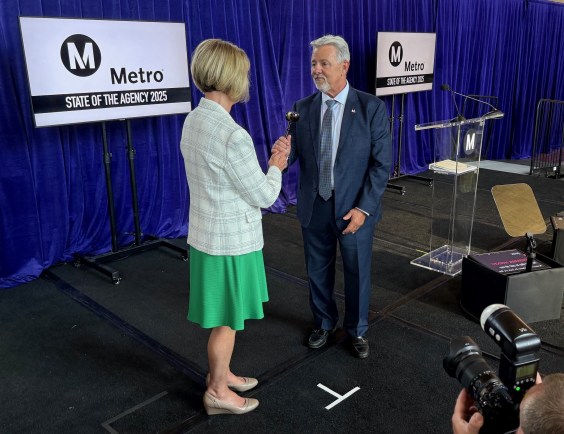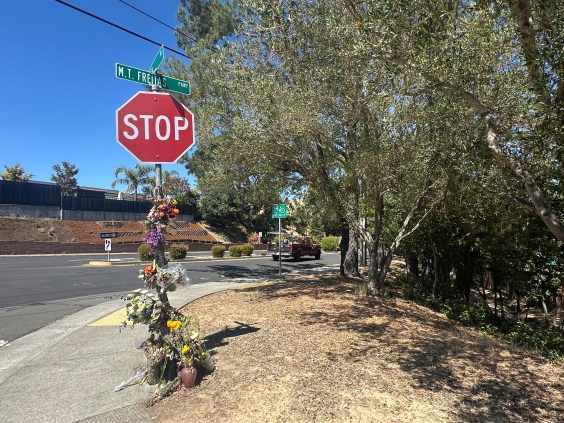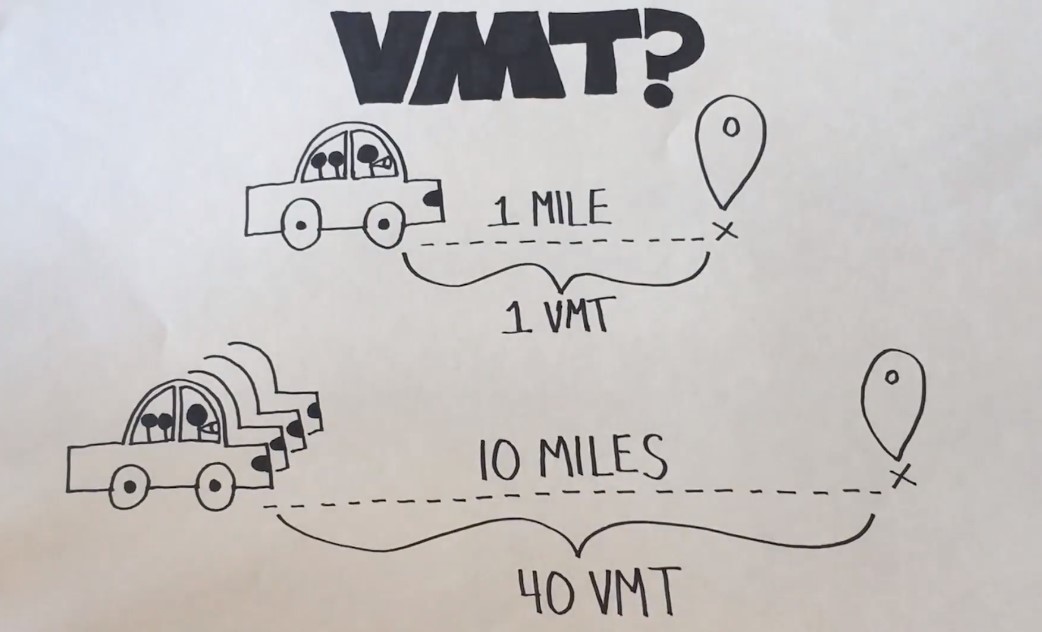The California legislature is back from spring recess and the process of hearing and arguing about bills is beginning in earnest. In the next few days, Streetsblog California will talk about some exciting bills coming up that may need your support.
But first, we'll take a quick look at a few bills that are not so good. For the most part, the transportation bills listed here take the wrong approach.
Transportation funding is in a crisis, but Sacramento isn't offering many solutions. The danger is, with agreement so hard to come by, any compromise on funding might lose sight of other state goals, such as clean air, avoiding climate change, and fairness. We've made serious mistakes in the past, as eloquently noted by US Transportation Secretary Anthony Foxx a few days ago when he talked about how freeways destroyed low income neighborhoods. So it's crucial that when we talk about transportation funding, we get away from the status quo—no more widening highways, speeding up traffic and otherwise encouraging driving. People need real choices about how they move around.
Meanwhile, California's cap-and-trade system is bringing money into the Greenhouse Gas Reduction Fund (GGRF). That fund looks like a cash cow to some legislators. The bills listed here play fast and loose with the GGRF, which by law is supposed to be used to further reduce greenhouse gases, with an emphasis on disadvantaged communities that have historically paid a higher price, in every way, for the environmental degradation brought by industry.
- A.B. 1591 is a big transportation funding bill from Assembly Transportation Committee Chair Jim Frazier (D-Oakley). Frazier makes no secret of his interest in supporting the freight industry in California, which is laudable enough—except it's not clear what the connection is between improving trade corridors and reducing greenhouse gas emissions. That's key because Frazier's bill calls for, among other things, putting twenty percent of the Greenhouse Gas Reduction Fund (GGRF) towards the Trade Corridors Improvement Fund, without specifying any requirements as to sustainability or environmental concerns. The bill would also raise the gas tax—again, applause to that—but would use those funds for a new program focused on road maintenance and rehabilitation. That's well enough, but the bill's language lacks requirements to accommodate all users on the repaired roads, so there's no guarantee that it would do any more than maintain the status quo.
- A.B. 1780 from Assemblymember Jose Medina (D-Riverside) similarly calls for twenty percent of the GGRF to go to trade corridors. This bill was recently amended to require the funds to be used for “reducing greenhouse gas emissions in trade corridors consistent with specified guidelines.” Those “specified guidelines” do not seem to include the Sustainable Freight Plan, an ongoing statewide effort to address clean fuel and other sustainability issues. Without at least that, this bill seems like a way to get more money for highways.
- A.B. 2019 from Assemblyman Jay Obernolte (R-Hesperia) would transfer $1 billion from the GGRF into the Retail Sales Tax Fund, from there to be allocated to cities and counties for local transportation projects. No question that local roads need maintenance funding, but there also need to be restrictions in this bill on what kinds of projects can be funded. Otherwise it seems to be seeking a way to sever any connection between the funding source and its emission-reduction goals.
- S.B. 824 is a bill from Senator Jim Beall (D-Campbell), usually a champion of sustainable streets and a voice of reason at the capitol. His bill would change regulations for GGRF money that goes to transit, and in so doing could undermine some of the basic requirements of the cap-and-trade system. That is, it would allow transit agencies who get money from the GGRF to pass that money on to another transit agency, but without the receiving agency having to show how it is using the funds to increase ridership, which is currently a requirement for GGRF funding. This bill is complex, and wonky, and seems obscure, but it could be a way for larger transit agencies to pressure smaller ones to give up what little funding they get from the GGRF, and potentially use it for large projects that may not fulfill greenhouse gas reduction requirements.
- A.B. 1569 from Assemblyman Marc Steinorth (R-Rancho Cucamonga) would exempt certain transportation projects from having to comply with California Environmental Quality Act rules. The bill lists projects that would be exempt from having to study their environmental impacts, including those that repair, replace, or remove existing highways, roads, and paths, or that add bikeways to existing rights-of-way. On the surface of it, that sounds okay, but the list also includes projects that add an “auxiliary lane,” meaning passing lanes. After witnessing recent self-serving tactics wherein SCAG tried to argue its way out of having to show the true environmental and congestion costs of its proposed highway expansions, this bill makes us wary.
- S.B. 986 from Senator Jerry Hill (D-Millbrae) would lower fines for violations of the rules on making right turns at a red light. While it's usually legal to turn right at a red, after a stop, and after checking for pedestrians, except where it's prohibited, it seems the bill's proponents are unhappy that automatic red light cameras enforce these rules. They argue that the fines for illegally turning right on red light are too high, because....well, because somehow turning isn't as bad as just blowing straight through a red light. The problem with this reasoning is that it conveniently ignores how dangerous it is for people on foot who might be in the path of someone breaking the stop-and-look-first rule. This proposal also runs counter to efforts in an increasing number of communities to protect pedestrians by giving them a head start on crossing before the signal changes. Violating a pedestrian's right of way is very dangerous for the pedestrian, and it shouldn't be considered a “minor infraction” that “deserves a lower fine.” Here's a counter suggestion: amend the bill to outlaw all right turns on red—and keep the fine as high as possible.
To keep up with state transportation policy, follow us on Twitter @StreetsblogCal.
